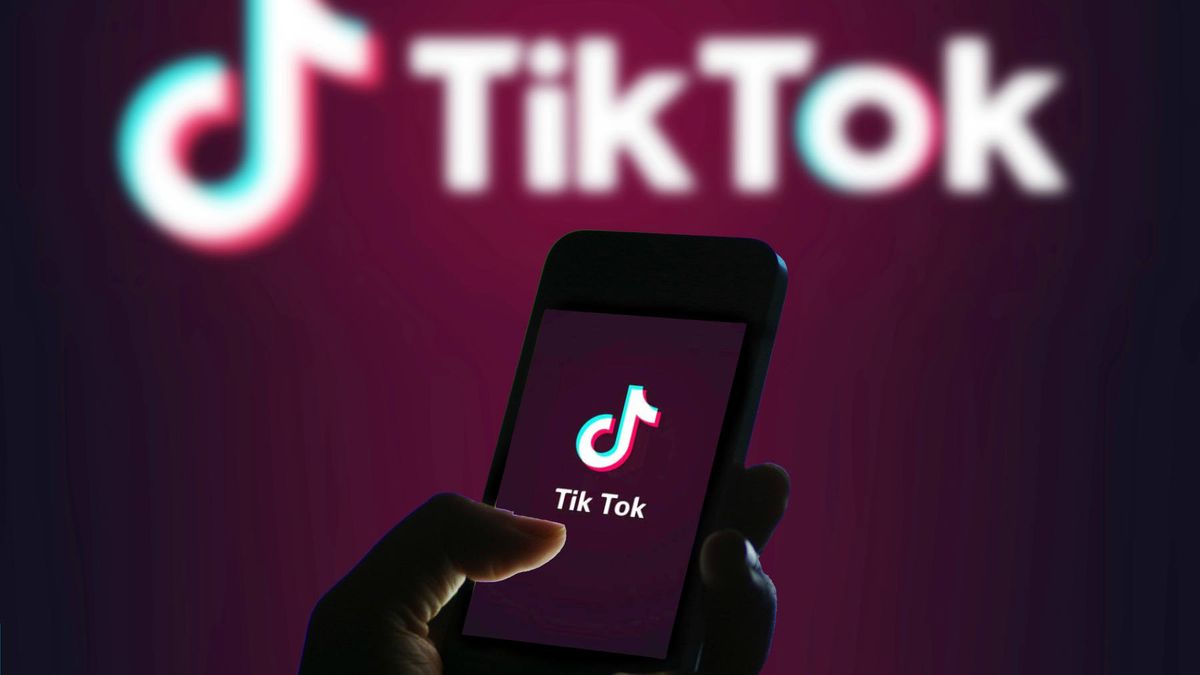TikTok seeks to distance itself from ByteDance amidst US security inquiry

A few minutes every morning is all you need.
Stay up to date on the world's Headlines and Human Stories. It's fun, it's factual, it's fluff-free.
The popular social media video app, TikTok, is seeking to distance itself from its parent company in the wake of a United States security inquiry. ByteDance, the China-based tech company that owns TikTok, is being investigated to determine if the user data it collects is stored securely. Critics have raised concerns that the data could be shared with the Chinese authorities.
TikTok’s growing popularity
Since its launch in 2017, TikTok has amassed a large and devoted global following, especially among the younger users of Generation Z. The app is a video sharing platform where users can record 15-second-long videos, or combine clips for up to 60 seconds. The app is popular for its lip-sync video feature and as a platform for short comedy clips. Before TikTok was acquired by ByteDance in August 2018, the app was called Musical.ly.
Despite being much newer than other platforms, TikTok has been growing rapidly, reaching 1.5 billion downloads earlier this year. The app’s popularity has placed it in direct competition with Facebook and Instagram. Although Instagram, having reached 1 billion active users in 2018, is still bigger than TikTok, the latter was downloaded nearly 250 million more times than Instagram in 2019 and is on the verge of surpassing the picture-sharing app in active users too.
[article_ad]
Who is ByteDance?
ByteDance is a Beijing-based tech startup that launched in 2012. Before the company bought TikTok, ByteDance’s most popular product was Jinri Toutiao, a content-aggregating app that creates a tailored feed for its users. Jinri Toutiao translates as “Today’s Headlines” and the aggregator is one of the most popular apps in China with around 120 million active daily users.
ByteDance made over $7 billion in the first half of 2019, which is how much the company profited in all of 2018. As of the mid-year point, though, the company was still operating at a loss, meaning it had failed to earn a profit despite TikTok’s popularity. However, the company was expected to achieve profitability by the end of 2019 with a revenue goal of ¥120 billion (roughly $17 billion).
Among ByteDance’s other products is Douyin, a China-only version of TikTok. The two video-sharing apps have a similar platform, but the tech company has been careful to point out that the two apps are completely separate. Earlier this year, in response to a story about the two apps, Wired reported that a representative for TikTok had written: “They’re separate apps, markets, users, content, teams, policies, etc.”
Why ByteDance wishes to separate TikTok
This effort to distance TikTok from its Chinese counterpart and the China market is an apparent reaction to a national security review by the United States government. Lawmakers in the United States have raised concerns that the app’s user data could be shared with the Chinese government – a charge that the company has vehemently denied. In 2017, China passed a law requiring China-based companies to comply with its intelligence-gathering operations.
In the United States, these security concerns are a bipartisan issue. Republican Senator Marco Rubio wrote in an October letter to Treasury Secretary Steven Mnuchin that TikTok is “censoring content that is not in line with the Chinese government and Communist Party directives.” He has called for an investigation into ByteDance’s acquisition of Musical.ly. Similarly, Democratic Senator Chuck Schumer has warned that “apps like TikTok … may pose serious risks to millions of Americans.”
Alleged censorship by TikTok
Beyond the concerns for data security, TikTok has been under attack for its role in supporting China’s government and possibly spreading propaganda for the country’s Communist Party. This includes aiding in the spread of misinformation about the human rights abuses of Uighur Muslims in Xinjiang, an autonomous region in China. A report titled “Mapping more of China’s tech giants: AI and surveillance” argues that Chinese tech companies are complicit in state-sanctioned censorship and surveillance.
TikTok was thrust into the middle of this discussion in November this year when the app suspended the account of American user Feroza Aziz. The 17-year-old girl posted a makeup tutorial on the app in which she purportedly encouraged her viewers to read about Muslims being put in concentration camps in China. The videos were taken down – although they can be found on Aziz’s Instagram account – and her account was temporarily shut down.
TikTok has claimed that Aziz’s account was suspended as a result of a different video that featured Osama bin Laden as one of her “celebrity crushes.” The teen, who says that this video was intended to be humorous, has stated her belief that she was censored for the makeup video.
In September this year, it was reported that internal guidelines had instructed TikTok’s moderators to censor mentions of the Tiananmen Square protests, Tibetan independence, and other topics sensitive to the Chinese government. ByteDance, however, claims these guidelines are outdated and that they do not censor political speech.
[article_ad]




Comments ()